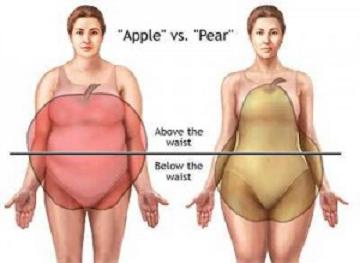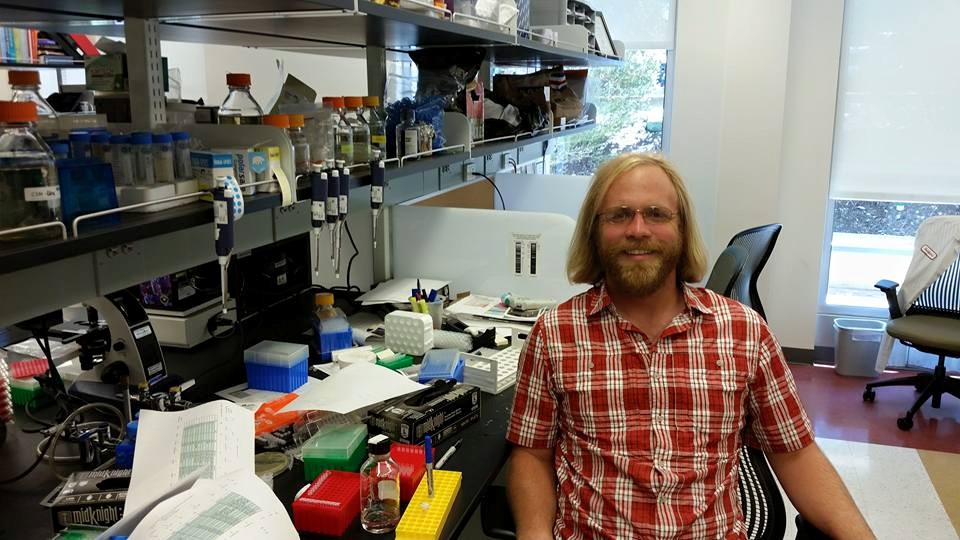|
In my last post, I wrote that The Biggest Stress Eaters (no pun intended)… Are Dieters. It’s true – dieting requires executive function, and doing it continuously can deplete your ego, which hurts your ability to self-regulate.
But stress eating is actually a lot more complicated than that. It turns out that stress causes 67% of Americans to crave food. But not just any food. No -- stress specifically causes us to crave carbohydrates. And, under certain conditions, carbs have an effect on the brain that’s similar to that of Valium.
Here's why:
When you’re stressed, you go through the human stress response. The point of this is to mobilize energy and send it out to your muscles. One of the things that happens during this response is that the brain secretes hypothalamic hormone, which makes the adrenal gland secrete glucocorticoids (GCs).
When you’re stressed, these hormones are released within seconds. But at the end of stress, it takes the hypothalamus a few seconds to stop its secretions… and it takes several minutes for GC levels to go back to normal. Why? Because GCs increase your appetite. As they should! -- from an evolutionary standpoint. You’ve got to replenish the energy you just expended by running for your life. But in modern times, “stress” means… getting stuck in traffic. Navigating relationship problems. Feeling loneliness and isolation that’s caused by social media. Feeling lost in life. Having a bad boss. And all the other micro-stressors that occur each and every day.
Getting busted by campus security -- definitely more stressful as a student than as an alum.
Regardless, each of these recurring, intermittent stresses are followed by… an increased appetite.
But not just any appetite. Stress eaters don’t crave fruits and vegetables. They crave carbs. Which also makes sense, evolutionarily. Carbs, which break down into simple sugars, increase your blood sugar levels. And. They lower your GC levels. Meaning that, when you’re stressed, carbs can have a very real calming influence on your brain. Kind of like Valium. But here’s the funny – and by funny, I mean very unfortunate – thing. We all know what happens when you consume excess calories – they go into your fat cells. But here’s the thing about fat cells: they’re not all the same. Excess calories can be stored in the abdominal fat (your belly), or your gluteal fat (your butt). People who store their fat in their belly tend to develop the “apple shape,” and people who store their fat in their butt tend to develop a “pear shape.”
For medical reasons, it’s better to be a pear than an apple. When you store fat in your belly, it pulls your spine forward. This is bad for your back. Moreover, having fat near your internal organs can lead to bad health outcomes, like a fatty liver.
The other thing about belly vs. butt fat: both kinds of cells tend to have a lot of GC receptors – meaning that they bind with the GCs that are floating around in your bloodstream following a stressful event. But belly fat cells have more receptors than butt fat receptors. Meaning that when you stress eat, you’re setting yourself up to store the excess fat in your belly – exactly where you don’t want it. The other thing that sucks about this is that there are a lot of individual differences, based on your individual physiology and genetics. Some peoples’ fat cells have more GC receptors than others. Some peoples’ brains are more susceptible to the calming influence of carbs than others. Some people secrete more GCs per stressful event than others, and some people get more stressed by the same stimuli than others. So it’s a little short-sighted to say that apple-shaped people don’t have as much self-control as pear-shaped people, or whatever stigmatizing thing you want to say about fat people. But sometimes, understanding something about your body, like why you’ve been so tired, lately, or why your knee’s been bothering you, is the first step to addressing an issue. Or maybe there’s nothing you can do about it, but it’s still a relief to know. And! According to Stanford geneticist Justin Smith, "We are learning more and more about how an individual's genetics affect their medical outcomes -- whether it's how they process and respond to drugs, their athletic capabilities, or how they store fat." So maybe there will be a good solution to these physiological and genetic differences in the future.
***
Want to know more about this? Check out: Why Zebras Don't Get Ulcers, by Robert Sapolsky The Dorito Effect: The Surprising New Truth About Food and Flavor, by Mark Schatzker The Biggest Stress Eaters (no pun intended)… Are Dieters, by me.
1 Comment
11/29/2023 11:49:34 pm
The concepts of aesthetics and beauty are concepts that almost everyone, especially women, thinks about.
Reply
Leave a Reply. |
About the Author

Eva is a content specialist with a passion for play, travel... and a little bit of girl power. Read more >
Want to support The Happy Talent? CLICK HERE!
Or Find me on Patreon!
What's Popular on The Happy Talent:
Trending in Dating and Relationships:
What's Popular in Science: Playfulness and Leisure Skills:
Popular in Psychology and Social Skills:
Categories
All
|






























 RSS Feed
RSS Feed